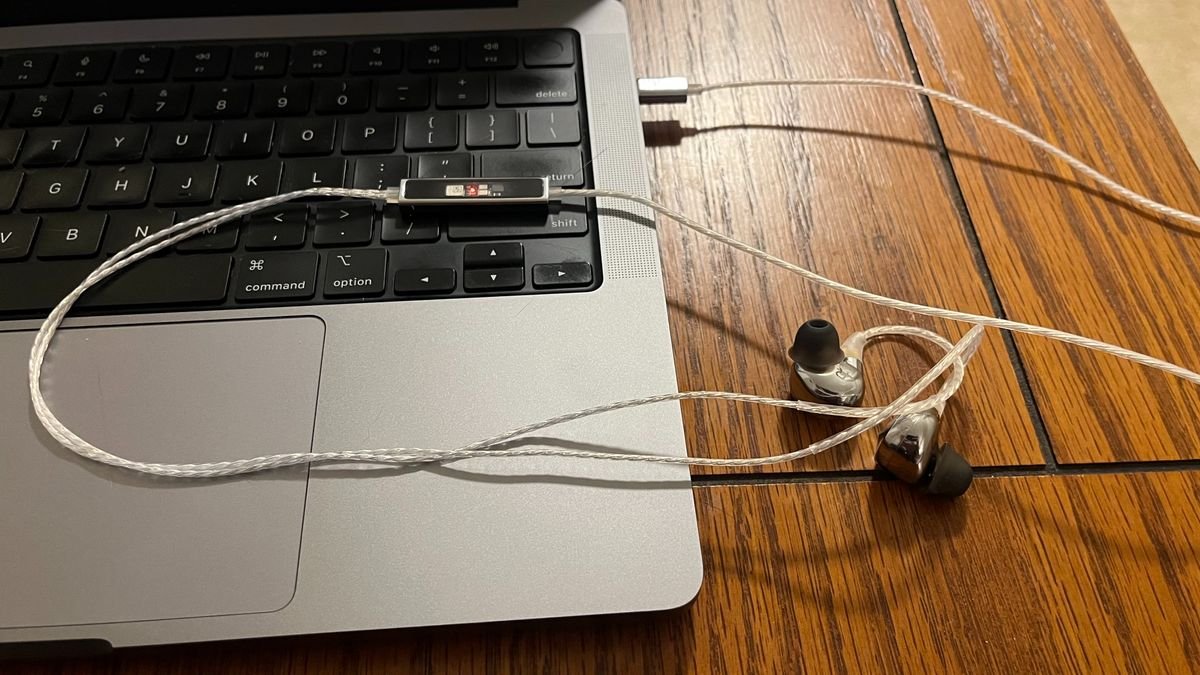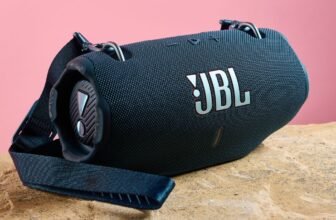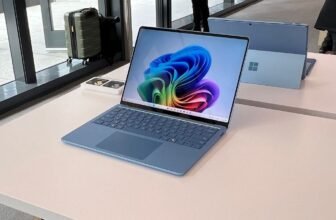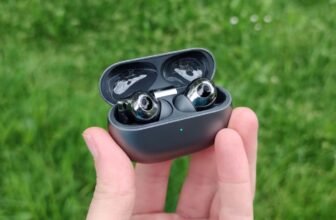Questyle NHB15 wired earbuds: Two-minute review
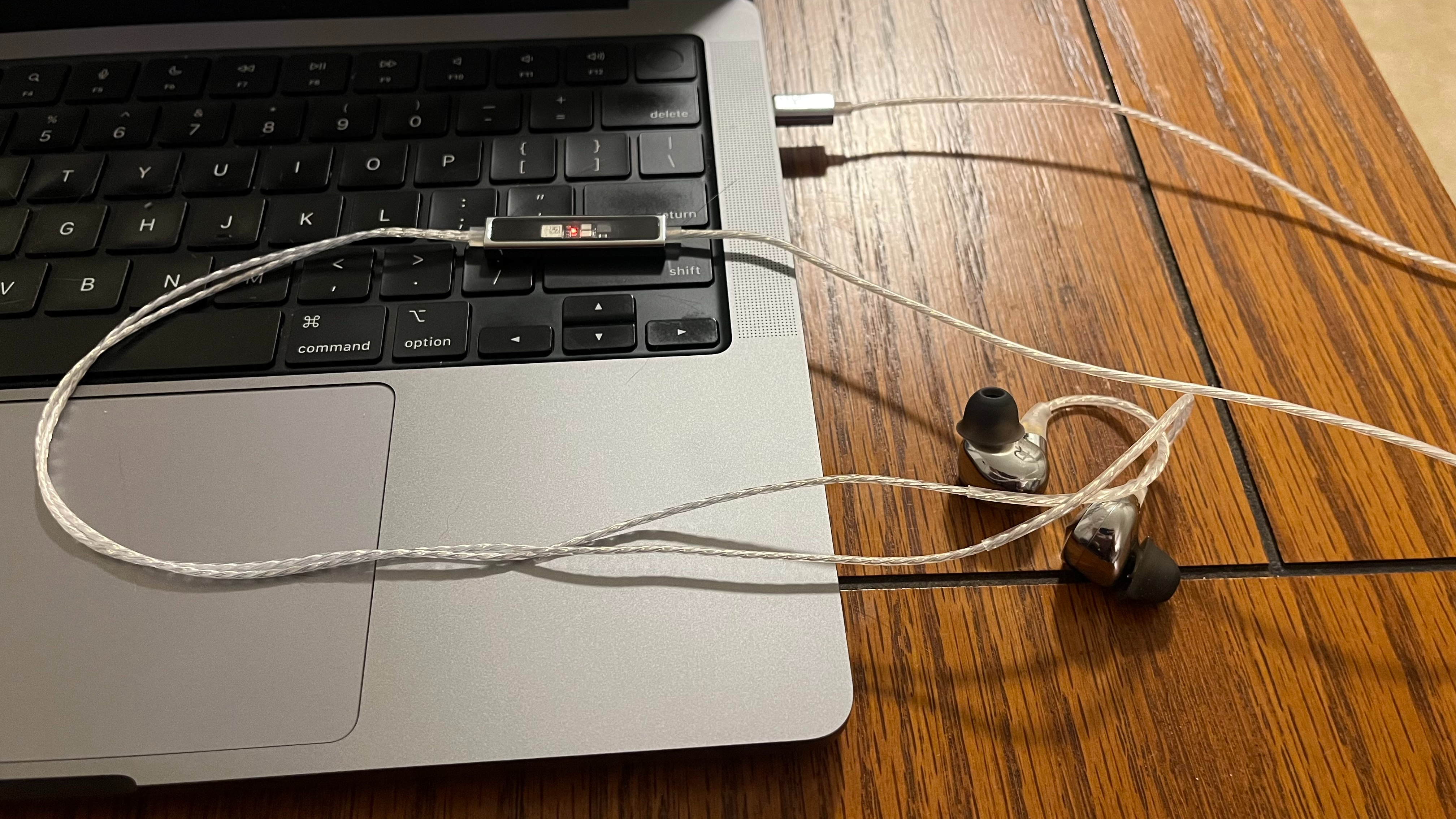
The Questyle NHB15 is phenomenal in a very specific way. It’s essentially a pair of wired IEMs (in-ear monitors) with a built-in DAC, which means you’re going to skip out on the kind of features we usually expect in the best earbuds while prioritizing crystal-clear lossless audio.
If you’re looking at these earbuds, things like active noise cancellation and an ambient mode are probably not top priorities, otherwise, you would probably be reading up on the Sony WF-1000XM5 by now. That’s not what the Questyle NHB15 is competing with. Instead, these are for people who value performance over convenience or extraneous features.
If you’re in this camp, the high price tag is probably more of a concern, especially with the explosion of IEMs that offer quality audio at a lower cost. Of course, the Questyle NHB15 has that integrated DAC, which is going to add to the price. However, if the cost doesn’t bother you, you’ll enjoy using these for listening to music and for other media.
Looking closely at the Questyle NHB15, it’s clear that it’s incredibly well-made. The earbuds themselves have a chrome-like covering that oozes elegance. And, the cable with its wrap-around design – they’re made to go over and behind the ears – is not only high-quality but can be detached from the actual earbuds.
The Questyle NHB15 is made specifically for sources with a USB-C connection. However, Questyle does include a cable to use with analog sources.
The most important part here is the DAC, which sits right in the middle of where it transitions from one to two cables, and is most likely the reason why the Questyle NHB15 is expensive. The DAC can handle up to 24-bit/192kHz high-res audio, and it will let you know if you’re listening to audio that detailed. If you’re listening at 48kHz or below (44.1kHz is CD quality, and where Spotify tops out), one red indicator light on the DAC will illuminate. If you’re listening to a higher-quality file or stream, then two will light up.
Questyle includes five different-size ear tips as well as a leather storage pouch with the NHB15.
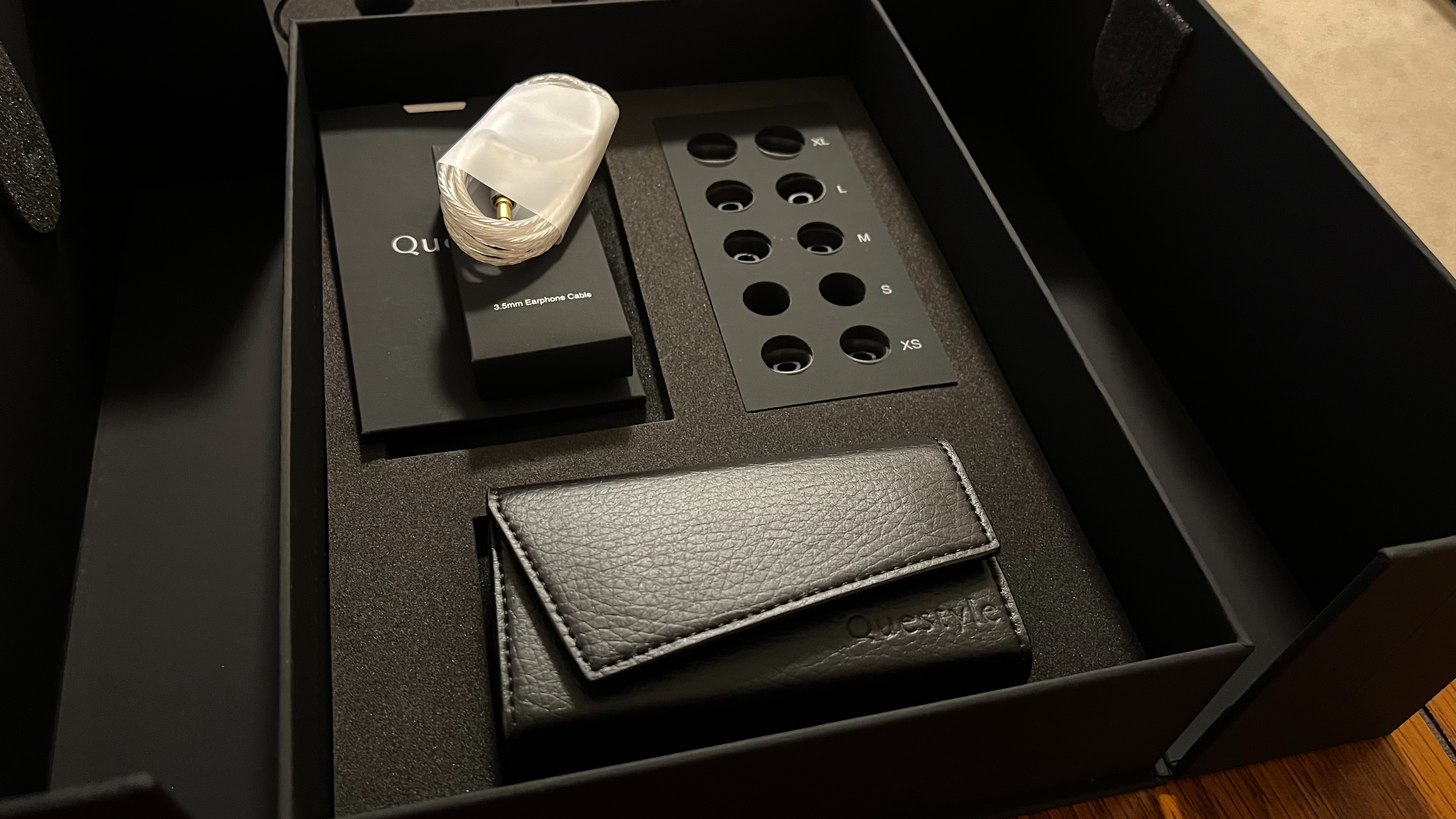
Now, it’s clear that this is a premium product that delivers quality from the source to the ears. But, will you find it to be an improvement over wireless earbuds? The answer: It depends.
Some of the best earbuds out there sound great, cost less, and come with the kind of features that you won’t find in the Questyle NHB15. Also, if you only listen to music through Spotify, which doesn’t offer higher resolution files like Apple Music, Tidal, Qobuz, or Deezer do, you probably won’t benefit much from the Questyle NHB15.
But, if you’re looking to up your audio game, you might enjoy the NHB15 more than a pair of Apple AirPods Pro 2. Now, these aren’t exactly neutral sounding as there is a low mid-bump in the frequency range. This boost is particularly noticeable with vocals and mid-range instruments as they seemed to have more body than they otherwise should when I listened to Kacey Musgrave’s Deeper Well, Childish Gambino’s 3005, or V.A.N. by Bad Omens and Poppy.
Beyond that, the bass is full and the highs are clear and detailed. The soundstage is also wide with good imaging, meaning I could easily place all the elements on that soundstage whether I was listening to music, watching a movie, or playing a game.
Also, since it can handle such a high bit-depth and bitrate, issues with distortion are non-existent. Essentially, the Questyle NHB15 will let you hear everything that your audio source can provide (though with a little bit of a low-mid bump).
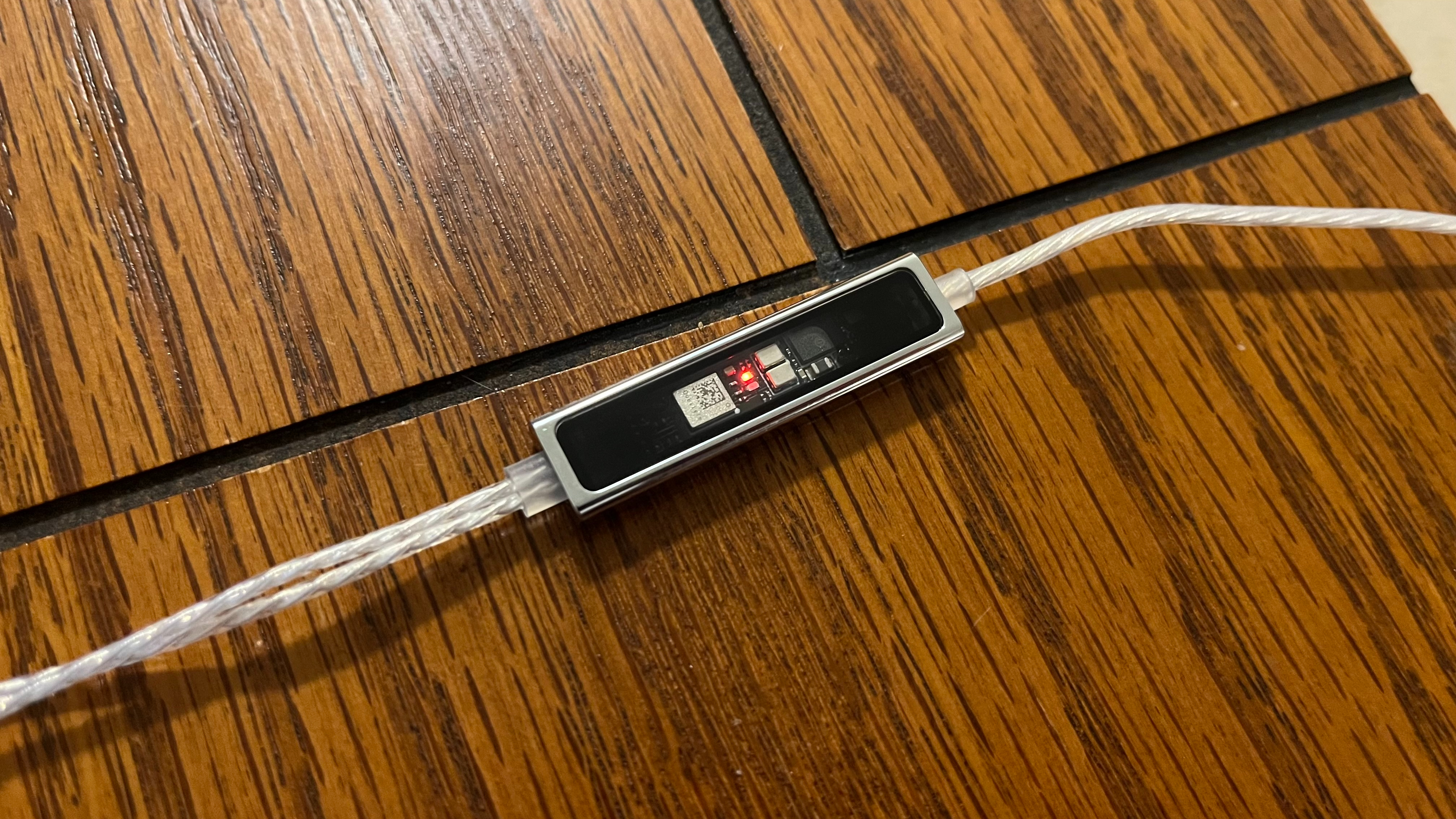
Questyle NHB15 wired earbuds: Price and release date
- Price: $399 (about £315 / AU$610)
- Released January 2024
The Questyle NHB15’s biggest downside might be its price. Considering that there has been a proliferation of wired earbuds known as IEMs offering very good performance, with many of them coming in at a cheaper price point, the NHB15’s price of $399 (about £315 / AU$610) can be hard to stomach.
That said, IEMs typically use an analog connection and don’t come with a built-in DAC with the capability of handling up to 24-bit/192kHz audio. To do that, you would have to invest in a portable DAC that can handle a similar or higher resolution such as the iFi hip-dac 3 ($199 / £199 / AU$349), though that would be a bulkier portable option than the NHB15.
There is an argument to be made that, at least for non-audiophiles, high resolution is not that important so keep that in mind when comparing the Questyle NHB15 to the competition. Also, keep in mind that you can purchase a standalone mobile headphone amp/DAC from Questyle called the Questyle M15i for $299 (about £238 / AU$459).

Should you buy the Questyle NHB15 wired earbuds?
| Attributes | Notes | Rating |
| Features | Very limited feature set, but does provide an integrated DAC | 3 / 5 |
| Performance | The sound quality is great, though I expected a slightly more neutral frequency range for such expensive wired earbuds | 4 / 5 |
| Design | Every element is high-quality and well-built from the earbuds and tips to the included DAC | 4.5 / 5 |
| Value | DACs are expensive so a pair of headphones with one built-in is going to be pricey. Still, the NHB15 comes with a high asking price | 3.5 / 5 |
Buy it if…
Don’t buy it if…
Questyle NHB15 wired earbuds review: Also consider
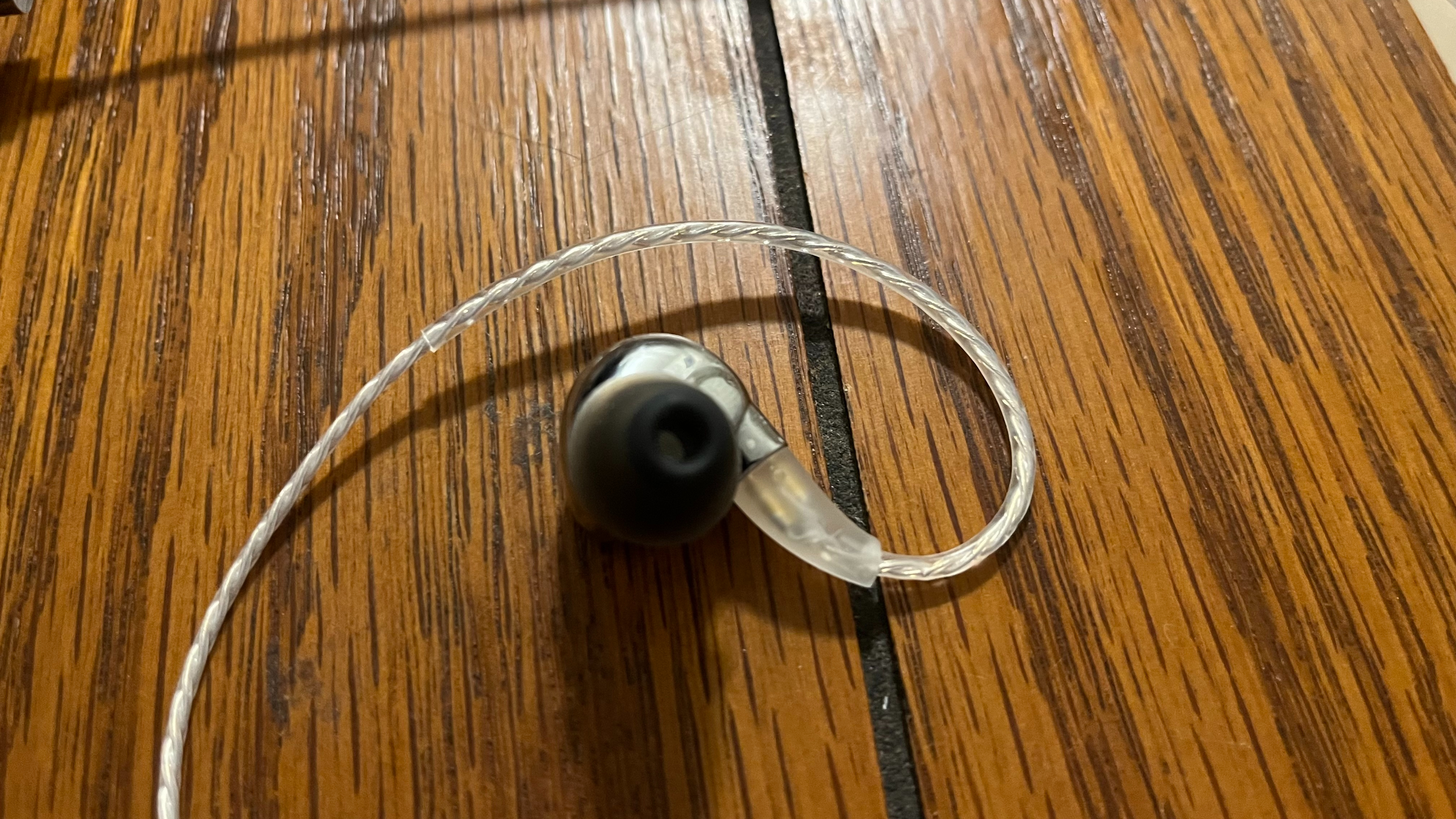
How I tested the Questyle NHB15
- I used the Questyle NHB15 for a couple of weeks
- Tested with music, movies, and games
I used the Questyle NHB15 regularly for a couple of weeks. I listened to a lot of music of all sorts of genres. I also watched some movies and played games just to see how the Questyle NHB15 translated across mediums. On top of that, I listened in both standard and high-resolution audio formats.
After spending time with the Questyle NHB15, I found these headphones to be of very high quality but with appeal only for those who lean in a more audiophile direction.
I’ve tested a lot of tech gear over the years from laptops to keyboards and speakers, and so have been able to use my expertise towards giving an honest and fair opinion, not to mention a critical eye, to any product I test.
First reviewed February 2024

